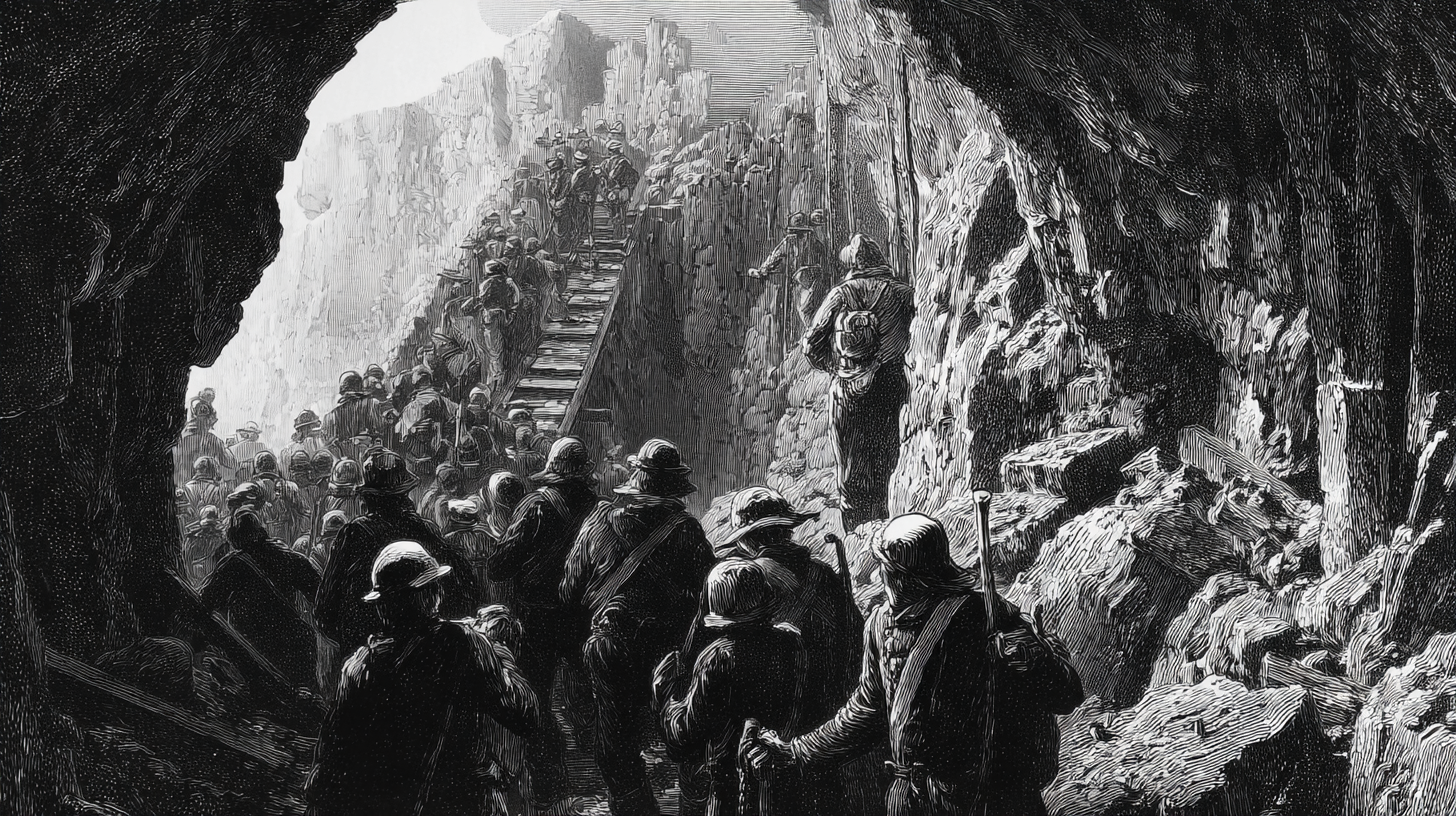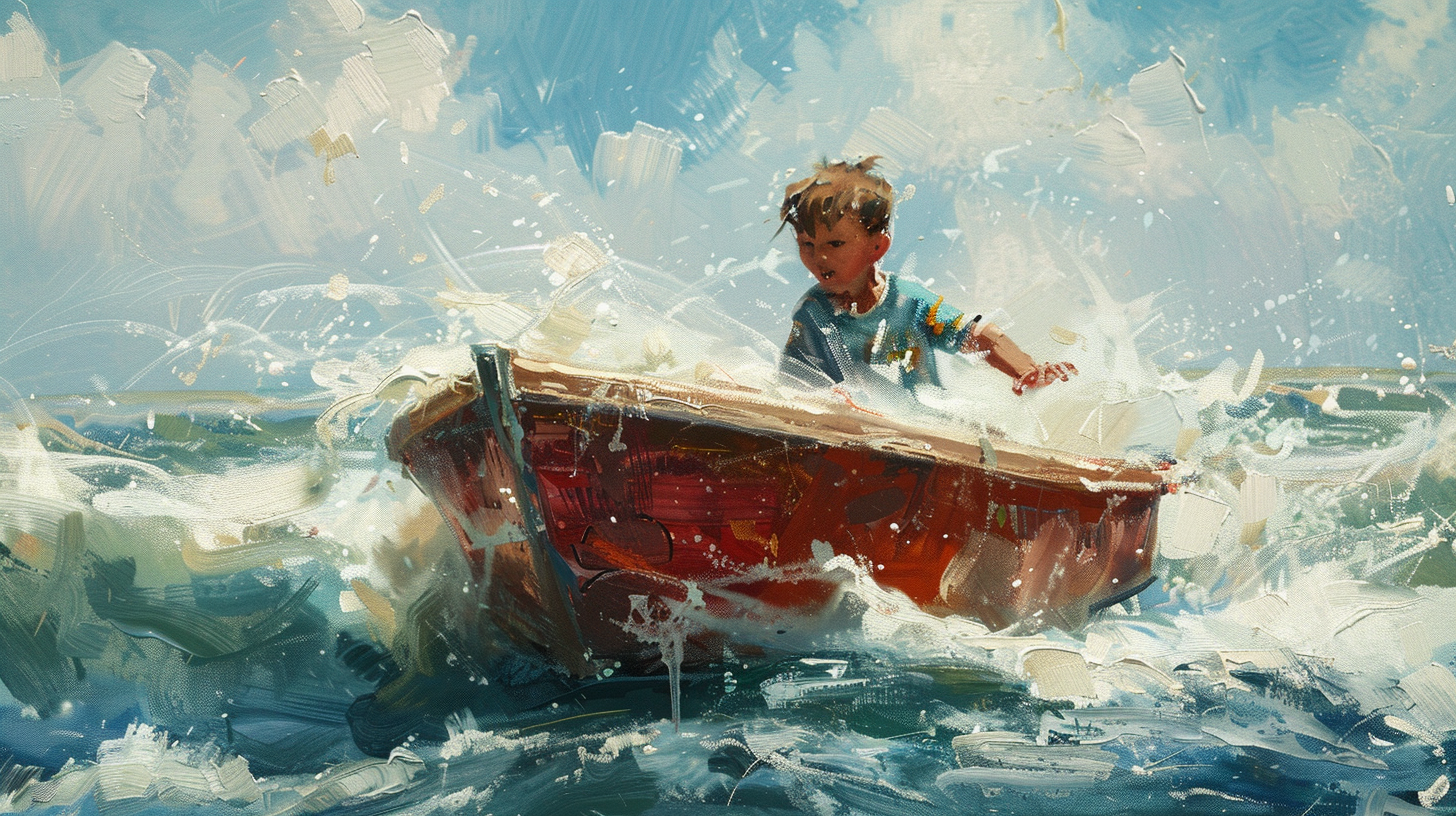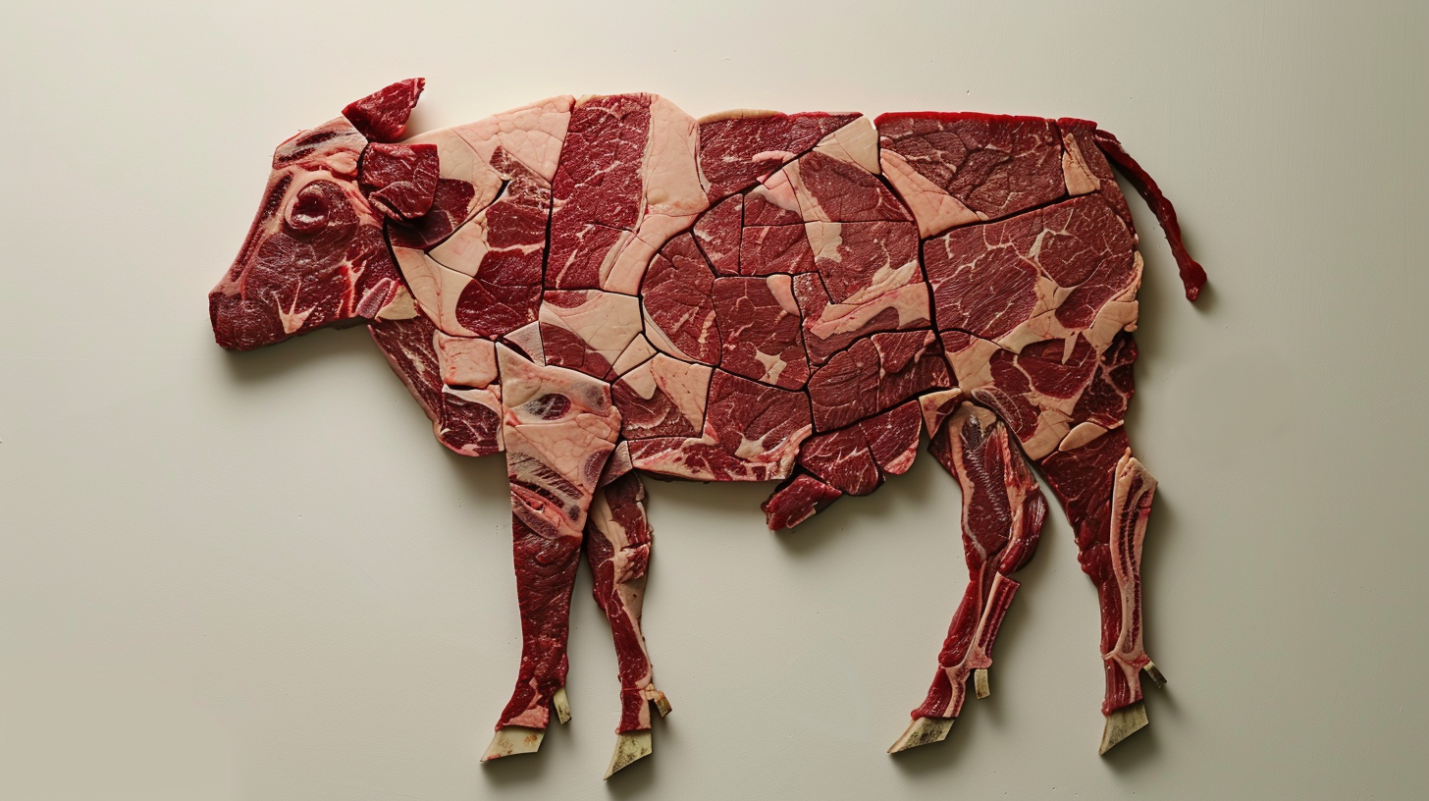What is irony?
What does it mean when we say that a good story needs an ironic premise?
In Reality Bites (1994), Winona Ryder walks into our very own Houston Chronicle with the idea of becoming a print journalist. An interviewer challenges Winona to define irony. Poor Winona is still grasping for a definition as the interviewer all-but pushes her out the front door.
Let’s not get too fancy: irony = something else should have happened. So—if you prefer—”There is no story unless something else should have happened.”
It isn’t news when the train’s on time.
Let’s try this with a sentence.
I laughed at the joke.
That sentence is clear and informative, but it isn’t ironic—it isn’t a story. Laughing is what should happen when you hear a joke.
Let’s try the same with some explicit irony.
I knew the comedian had been sleeping with my wife, but I still laughed at the joke.
The narrator explicitly tells us why he shouldn’t laugh. His character is revealed when he does what he shouldn’t do.
The strength of an ironic premise is that irony can be implicit.
I laughed at the diagnosis.
… is a passable story on its own. There is implicit irony in the sentence because diagnoses are implicitly unfunny.
Which of the above three opening sentences would “hook” you into reading the rest of a story?
Irony is beneficial (necessary?) at every level of the story.
There would be no Superman without kryptonite. Which premise would you rather read?
- Demigod defeats man.
- Man defeats demigod.
Now, which would you rather write? Most writers want to write a badass, and tragedy is unfashionable, so we lose the advantage of an ironic premise (until the third act—the second act is necessarily some form of kryptonite).
In that case, we rely heavily on explicit irony. In other words, we tell the reader what should have happened. Nearly everything that happens in a good novel is
- the story as it is
- the story as is should have been
That blueprint has filled a lot of great pages. But, when we don’t know to look for it, we just see stuff happening. Look for it next time you pick up a favorite book.





